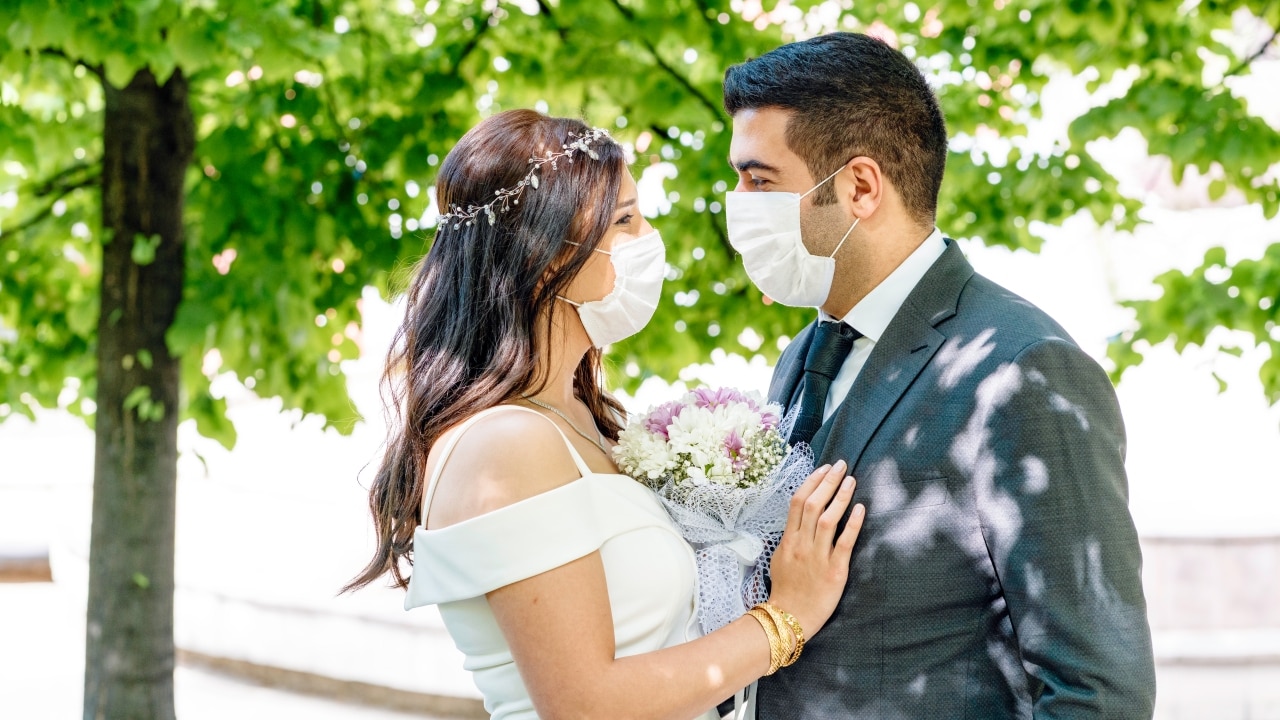A street vendor selling Taliban flags waits for customers outside an embassy in Kabul, Afghanistan, Saturday, September 11, 2021. A pregnant New Zealand journalist says she turned to the Taliban for help and that she is now stuck in Afghanistan after her home country prevented her from returning due to a bottleneck of people in its coronavirus quarantine system. (Bernat Armangue/AP)
Stars and Stripes is making stories about the coronavirus pandemic available for free. See more stories here. Sign up for our daily coronavirus newsletter here. Thank you for supporting our journalism with a subscription.
ISLAMABAD — She reported on the harsh conditions mothers and babies face just to survive in desperate Afghanistan. Now, a pregnant New Zealand journalist has chosen Kabul as a temporary base for her uphill battle to return home due to her country’s strict COVID-19 entry rules.
Charlotte Bellis, 35, is expecting her first child with her companion, freelance photographer Jim Huylebroek, a Belgian of origin who has lived in Afghanistan for two years. Bellis, who is 25 weeks pregnant with a daughter, told The Associated Press on Sunday that every day is a battle.
She said she had been vaccinated three times and was ready to self-isolate when she returned to New Zealand. “It’s ridiculous. It’s my legal right to go to New Zealand, where I have healthcare, where I have family. All my support is there,” he said. she stated.
Bellis first wrote about her struggles in a column published Saturday in the New Zealand Herald. New Zealand’s Minister for COVID-19 Response, Chris Hipkins, told the Herald that his office had asked officials to check whether they had followed the correct procedures in Bellis’s case, “which at first glance seemed warrant further explanation”.
Bellis had worked as a correspondent in Afghanistan for Al Jazeera, the Qatar-based satellite station. In November, she resigned from Al Jazeera, which is based in the Middle Eastern state of Qatar, because it is illegal to be pregnant and single in Qatar. Al Jazeera did not immediately respond to a request for comment.
Bellis then flew to Belgium, trying to obtain residency there, but said the length of the process would have left her in the country with an expired visa. She said she could have hopped around on tourist visas while waiting for her baby. She said that would have meant spending money on hotels with no support or healthcare, as she struggled to return to New Zealand.
In the end, she and her partner returned to Afghanistan because they had a visa, felt welcome, and from there could fight her battle to return home. They have a home in Afghanistan and after “evaluating all our options” they returned to Kabul, she said.
Bellis said she had set a deadline for leaving Afghanistan once she was 30 weeks pregnant, to protect her health and that of her baby. “I’m giving myself until the end of February,” she said. At that point, she will still have over a month left on her Belgium visa to be able to re-enter the country, should she fail to return to New Zealand by then.
She said she was trying to stay calm as she waged a paper war with New Zealand’s quarantine system, but was worried about the impact the stress she was under was having on her baby.
“I’m very concerned about a premature birth and… also the involvement of stress,” she said.
Bellis found an Afghan gynecologist, who promised to call her if she woke up in the night with a problem. Bellis visited the doctor’s clinic which has basic facilities including an incubator. The doctor told him that the incubator is often busy.
Bellis found a lawyer handling his case pro bono and submitted more than 60 documents to the New Zealand government, answered countless questions, only to be twice denied entry to his home country. .
On Sunday, she received her final email from the New Zealand government, which told her to apply as a person at risk and that would bring her home, she said. Bellis said she was rejected earlier because her pregnancy did not meet the “critical time threat threshold” criteria.
“If I don’t meet the threshold as a pregnant woman, then who does?” she asked.
Bellis said that before returning to Afghanistan, she asked permission from the Taliban. She said she feared arriving “with a little bump and not married” might be problematic.
Instead, the Taliban’s response was immediate and positive.
“I appreciate that it’s not official Taliban policy, but they were very generous and kind. They said ‘you’re safe here, congratulations, we welcome you,'” Bellis said.
As she considers her next decision, Bellis said she is considering taking the last option offered by New Zealand – to apply as a person at risk – as it would absolve the government of responsibility for its earlier rejections.
“It gives them the opportunity to deny responsibility and frankly, that’s not true,” she said. The government’s current COVID-19 policy has left “how many people stranded around the world with no way to get home”.


